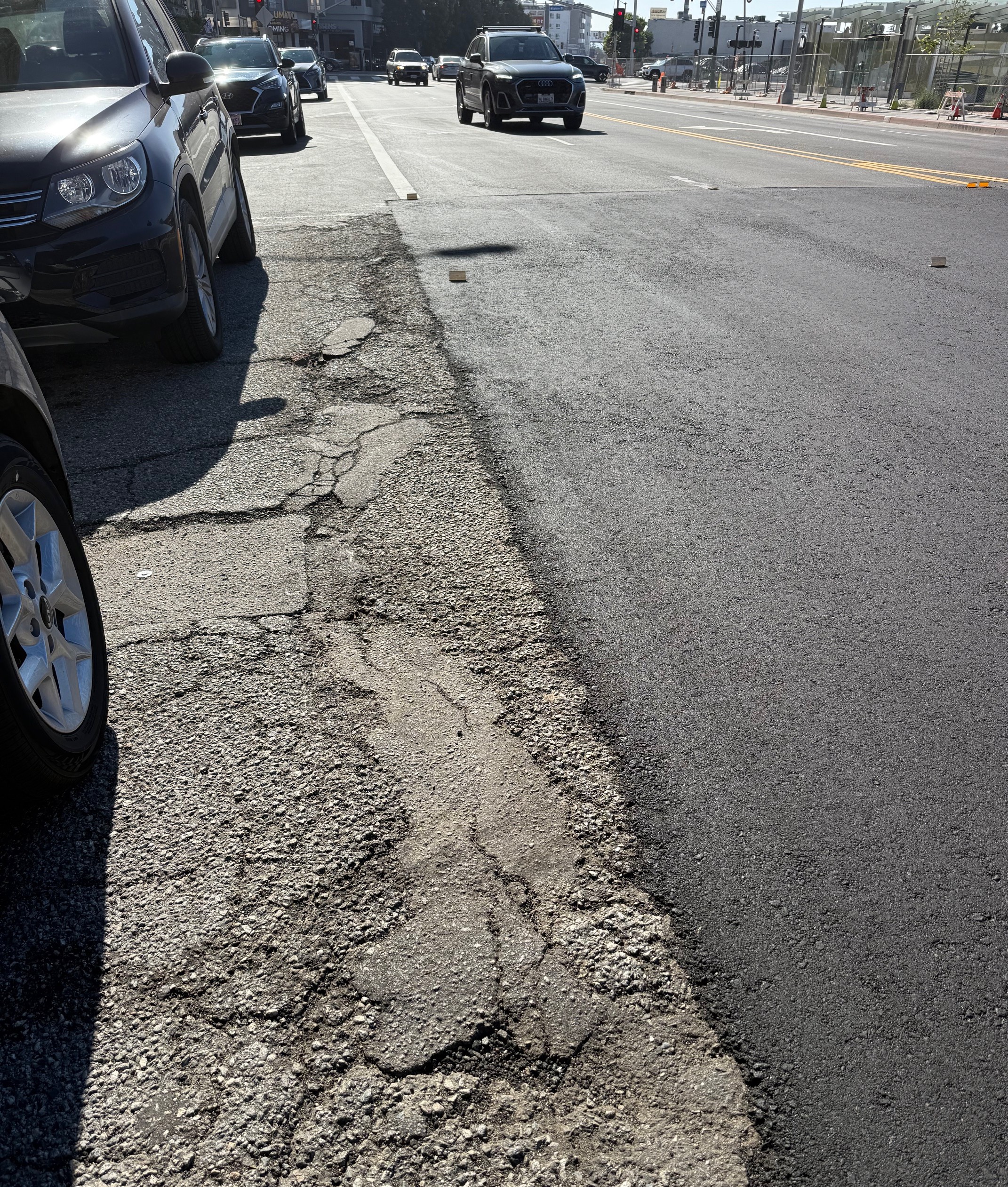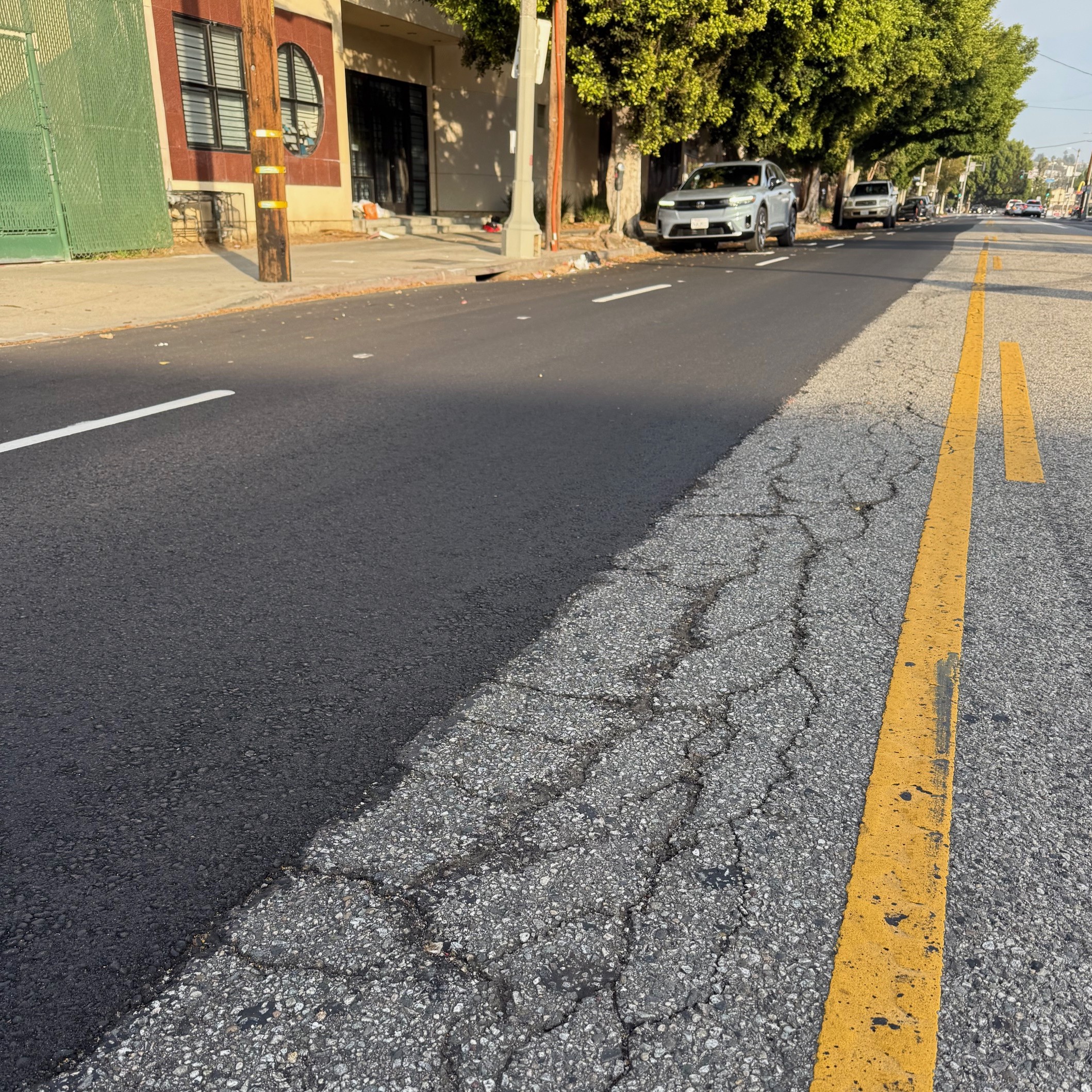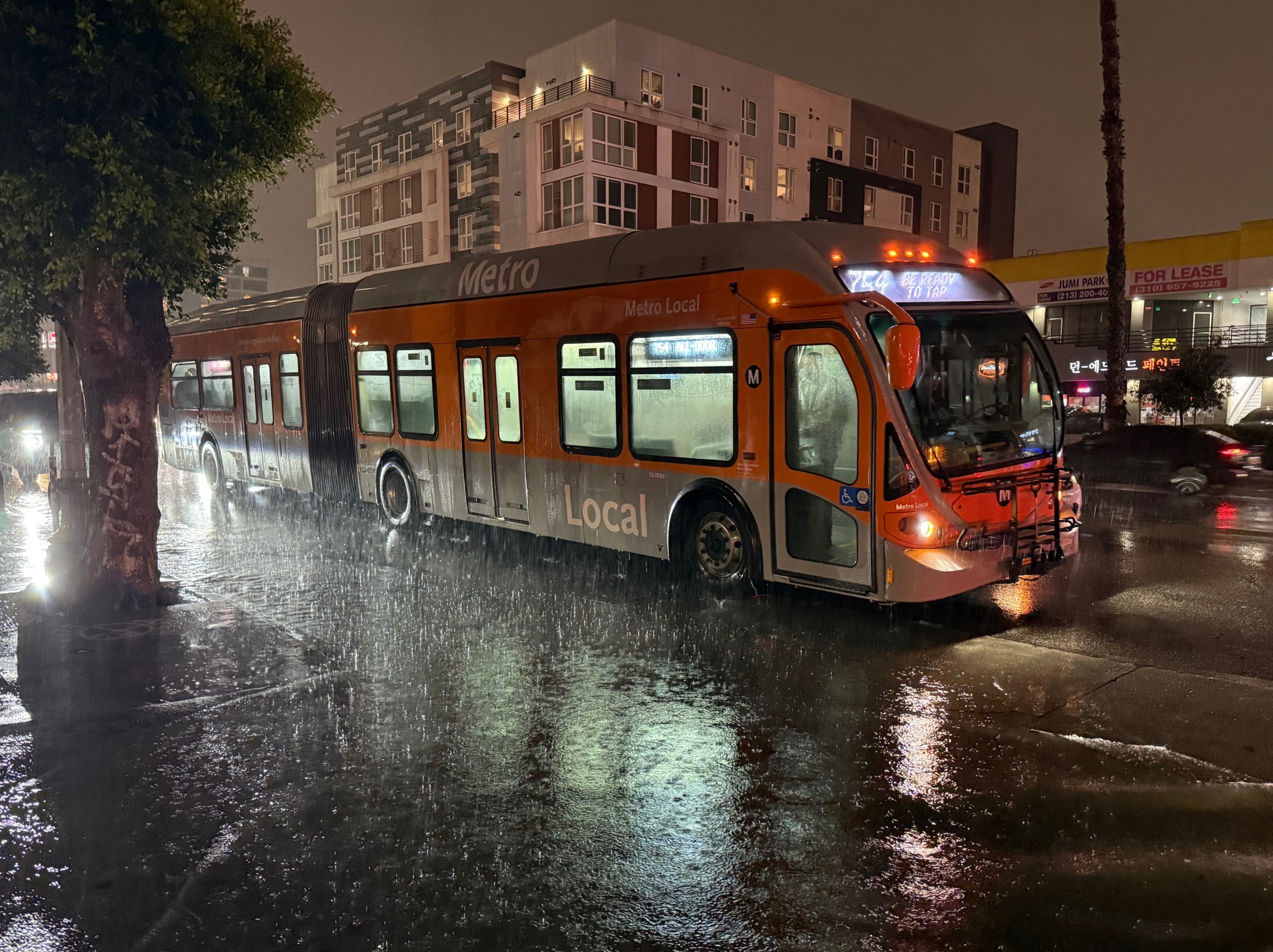If a driver strikes you while you're walking or biking in D.C., there's a good chance you won't be allowed to sue for medical expenses, lost wages, and pain and suffering under the law.

That's thanks to a legal standard known as "contributory negligence" in effect only in D.C. and a handful of states. Contributory negligence holds that if a pedestrian or cyclist is deemed even 1 percent at fault for a collision, she is essentially out of luck.
The D.C. Council will vote tomorrow on a bill that would replace the contributory negligence standard with the much fairer "comparative fault" standard. But the local insurance lobby is making a last-ditch attempt to stop the bill.
The Washington Area Bicyclists Association reports that the industry group Property Casualty Insurers of America has put out a "study" claiming that the bill could hike D.C. auto insurance rates 24 percent, which was circulated by AAA-MidAtlantic in an email [PDF] to all its members.
WABA says the insurance industry's claims are deliberately misleading:
The PCI analysis assumes 100% of crashes will involve DC-insured drivers. According to the 2014 DDOT Traffic Safety Statistics Report, only 37% of total traffic crashes involve a DC driver. Maryland and Virginia drivers alone account for 46.9% of all crashes in the District. The costs of crashes associated with bicyclists and pedestrians would be spread much further into the regional insurance pool, not solely in the District’s.
Finally, for some context, bicycle and pedestrian traffic injuries account for only 15% of total traffic injuries in D.C. according the Metropolitan Washington Council of Governments. The need for fair compensation for injured bicyclists and pedestrians is great and insurers of negligent drivers should be responsible for harm caused. But, to claim that compensation of an additional 15% of total injuries would cause such significant increase to auto insurance rates is not credible.
In cases where a bicyclist or pedestrian is the less negligent party, the victim should be entitled to fair compensation and not 100% barred from recovery, as is the law in 46 other states.
WABA is asking District residents to email their Council reps to show support for the bill, known as the Motor Vehicle Collision Recovery Act of 2015.
Elsewhere on the Network today: Hard Drive explains how police may begin using "textalyzers" to determine whether driver distraction was a factor in traffic collisions. And The Urbanist gives an overview of the recent "YIMBY" conference of pro-development housing activists in Boulder, Colorado.






